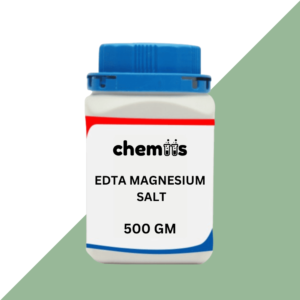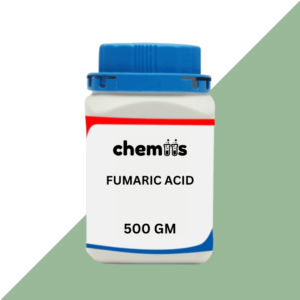Ferric Phosphate (FePO₄) is a compound made up of iron and phosphate, known for its wide-ranging applications across industries, agriculture, and environmental management. It is an essential component in several key processes, from the manufacturing of fertilizers to the treatment of water. Ferric Phosphate is valued for its stability, low solubility, and its role as a source of iron and phosphate in various applications.
Applications of Ferric Phosphate
- Agricultural Fertilizers:
- Ferric Phosphate is used as a source of both iron and phosphate, two essential nutrients for plant growth.
- It is commonly included in fertilizers for crops that require iron for chlorophyll formation and healthy growth.
- Its slow-release nature ensures a steady supply of nutrients to plants over time, improving soil fertility.
- Pesticides and Molluscicides:
- Ferric Phosphate is a key ingredient in certain organic pest control products, particularly those used to control snails and slugs in gardens and agriculture.
- It acts as a molluscicide, toxic to pests but safe for plants, animals, and humans when used correctly.
- Water Treatment:
- In water treatment processes, Ferric Phosphate is employed as a coagulating agent to remove contaminants, particulates, and phosphorus from water.
- It helps in the purification of both potable water and wastewater by binding with pollutants and promoting their removal.
- Soil Treatment and Remediation:
- Ferric Phosphate is used in soil treatment, particularly for correcting iron and phosphate deficiencies in soils.
- It is a valuable amendment for improving soil health, particularly in acidic or low-phosphate soils, promoting better crop yields.
- Environmental Remediation:
- Due to its ability to absorb and bind phosphorus, Ferric Phosphate is used in environmental remediation efforts to prevent eutrophication, the over-enrichment of water bodies.
- It can help reduce phosphorus levels in runoff and wastewater, preventing harmful algal blooms.
- Industrial Applications:
- Ferric Phosphate is also used in certain industrial processes, including in the production of coatings, paints, and ceramics.
- Its ability to stabilize iron compounds makes it useful in manufacturing processes that require long-lasting iron-based materials.








Reviews
There are no reviews yet.